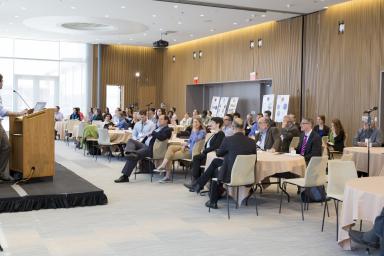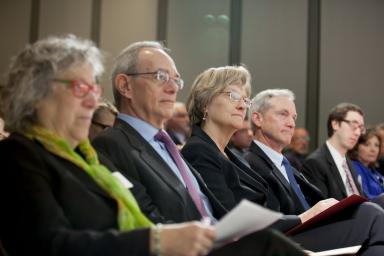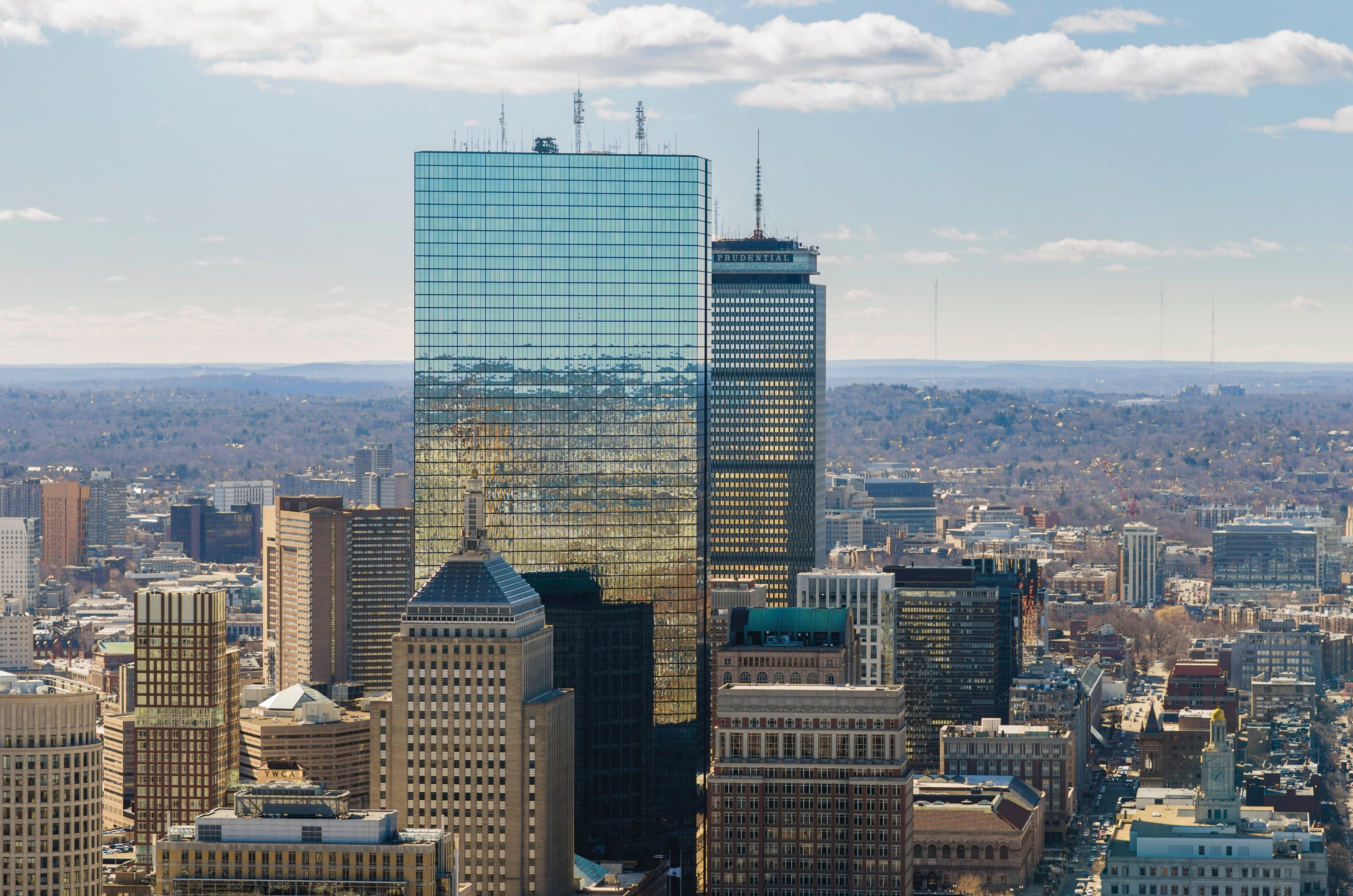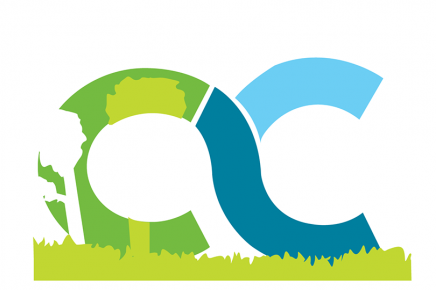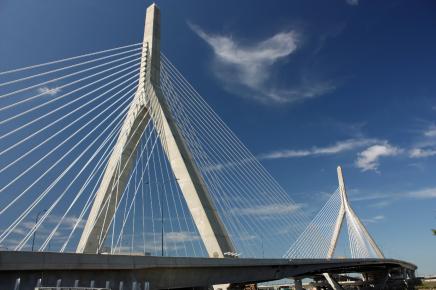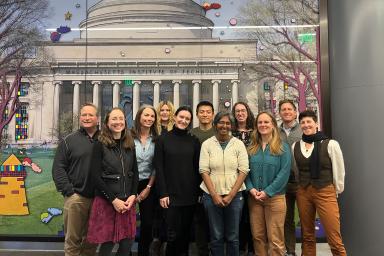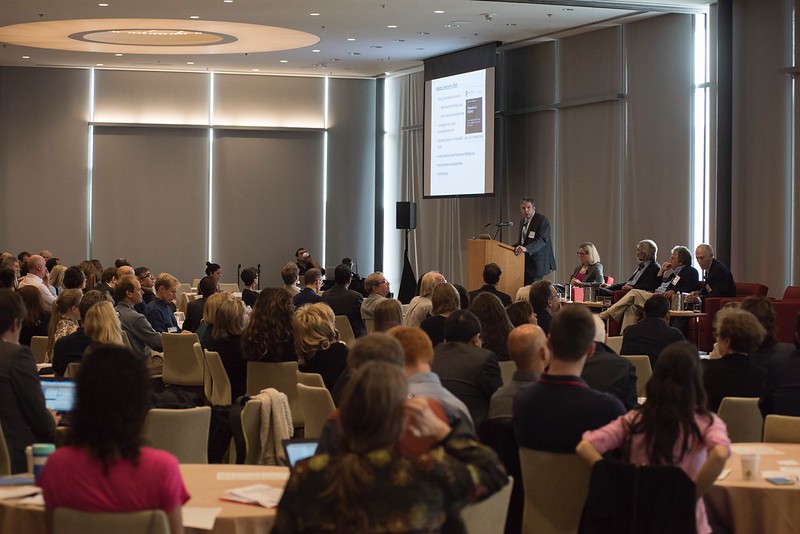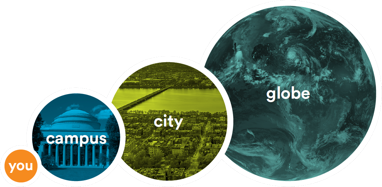Alumni interest and involvement in sustainability work is as diverse as the MIT alumni population itself. A number of alumni work in sustainability at nonprofits, startups, corporations, universities, and other public institutions, while others are advocates for living more sustainably. More still have an interest in supporting a more sustainable MIT. With the creation of MIT’s environment and sustainability minor, the number of MIT alumni in this space will only continue to grow. Engaging alumni is an important facet of the work of the Office of Sustainability (MITOS). Alumni are uniquely positioned to work in support of MITOS's mission of transforming MIT into a powerful model for sustainability and sharing those lessons learned in hopes of making a better world.
To learn more about the office and how you can engage with it, please read on.
What is the mission of the Office of Sustainability?
The MIT Office of Sustainability (MITOS) was established in 2013 under the Executive Vice President and Treasurer's Office to integrate sustainability across all levels of our campus by engaging the collective brainpower of our students, staff, faculty, alumni, and partners. We have set out to ensure that sustainability is a critical part of MIT’s standard operating procedures and is fully integrated into the working, research, teaching, social and cultural spheres of our campus.
Our mission is to transform MIT into a powerful model that generates new and proven ways of responding to the unprecedented challenges of a changing planet via operational excellence, education, research and innovation on our campus.
What is MIT doing to reduce its greenhouse gas emissions?
MITOS works closely with the Department of Facilities and other partners to track performance and publicly report on progress towards reducing campus greenhouse gas emissions, working in close collaboration with Facilities to identify and develop mitigation measures across campus. One outcome of these collaborative efforts is significant efficiency gains from MIT’s updated Central Utilities Plant as well as new complementary approaches to scale-up energy efficiency gains in buildings. Examples of these scaled up efforts include testing artificial intelligence to optimize building control systems, wholesale mechanical systems, changes in labs to reduce air change rates, and requirements creating a more efficient, and comfortable work environment.
These tracking, reporting, planning, and mitigation efforts enable MIT to better understand our direct contribution to greenhouse gas emissions that contribute to global climate change, inform our carbon reduction strategies, and measure progress over time against the Institute’s previous commitment to a 32% reduction in campus emissions by 2030. Since 2014, MIT has reduced its net emissions by a total of 24% towards this 32% goal, taking into account the purchase of solar power from Summit Farms. This positive progress to date establishes a strong foundation for meeting MIT’s new goals of a net-zero campus by 2026 and elimination of direct campus emissions by 2050. This experience to date will help inform the necessary new and expanded strategies needed to reach net zero and zero carbon emission goals. You can see the most up to date progress and strategies here.
Can someone from the Office of Sustainability speak at my alumni event?
As scheduling and events allow, members from the Office of Sustainability may be available for webinars or local speaking events. For more information, please email: sustainablespeakers@mit.edu
How can I support the Office of Sustainability?
The Campus Sustainability Incubator Fund seeks to enable MIT faculty and principal investigators (PIs) to partner with operational experts to leverage to use the MIT campus as a test bed for research in sustainable operations, management, and design. The seed funds enable teams of students, faculty, and researchers to explore the physical facility and social context in which they are working, living and learning at MIT. The initial fund was made possible through a generous gift from Malcom M. Strandberg. You can support this fund directly here.
How can alumni stay informed of the work of the Office of Sustainability?
Alumni can subscribe to our monthly newsletter here to stay up to date on projects, research, events, reports, and more related to the work of the Office of Sustainability. For an update on all sustainability work across campus, you can visit the news section of the Office of Sustainability website here. You can also find up to date reports from working groups, researchers, and faculty in our Resource Library. Additionally, you find the Office of Sustainability Twitter and follow the MIT Energy, Environment & Sustainability Network for alumni on Facebook.
I’m an alumni vendor, how do I share my product or idea with you?
The Office of Sustainability does not work directly with vendors. Operational decisions related to vendors are made outside of the Office of Sustainability. If you have a product or idea you would like to share, please email sustainablemit@mit.edu, and we will send to the appropriate people. Should there be interest, a representative within the MIT community will be in touch. We do not respond to individual requests for meetings.



